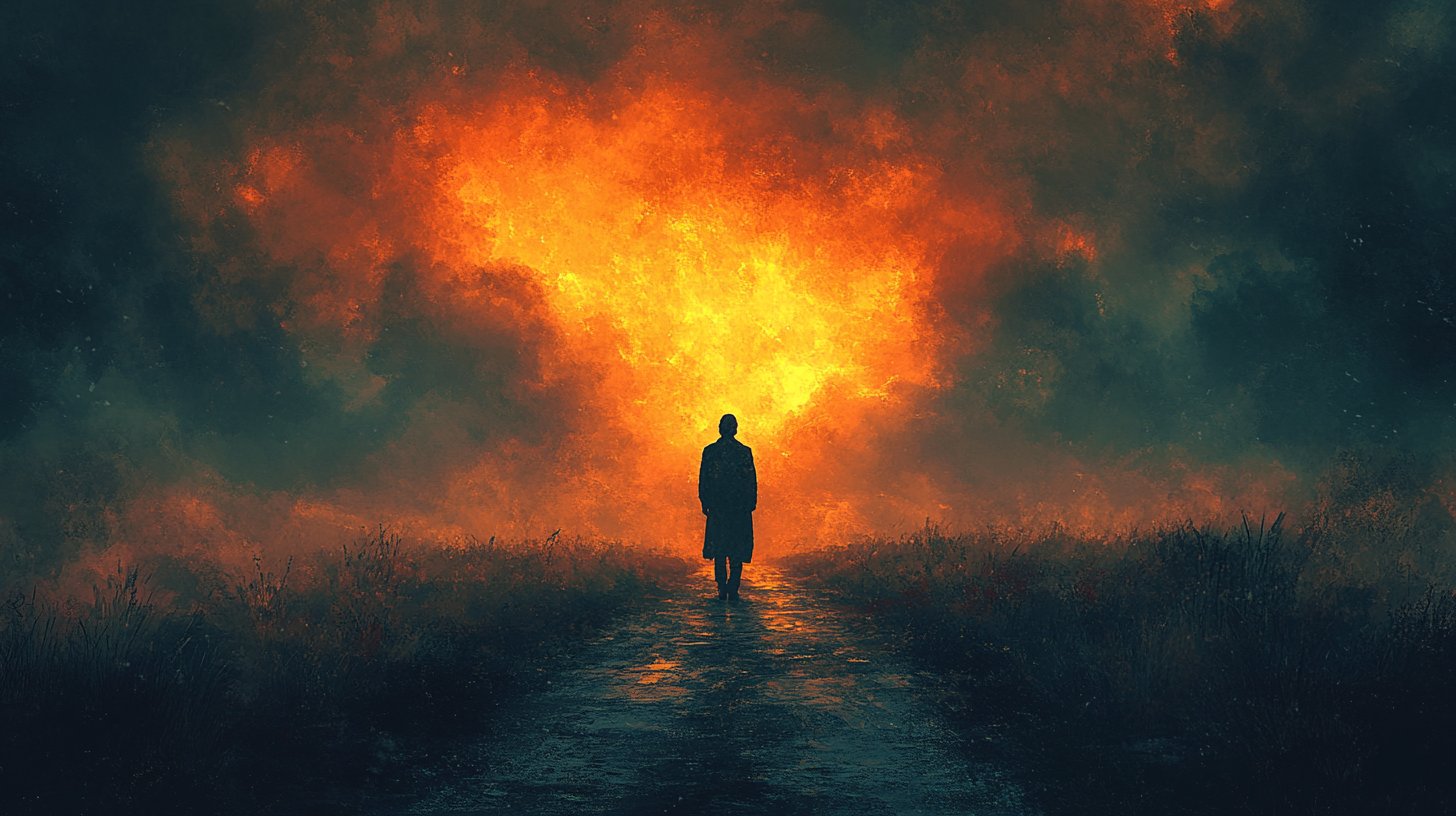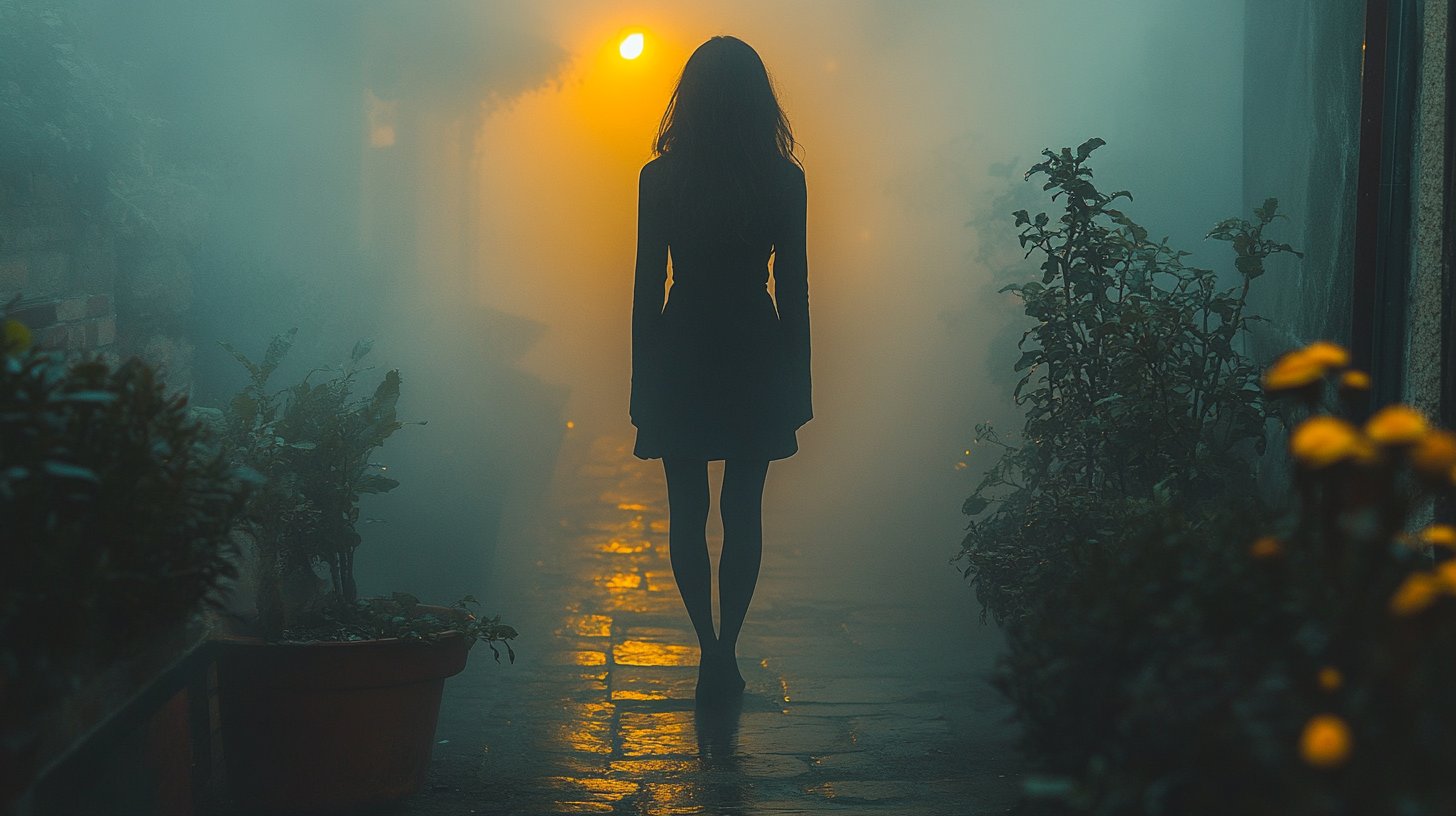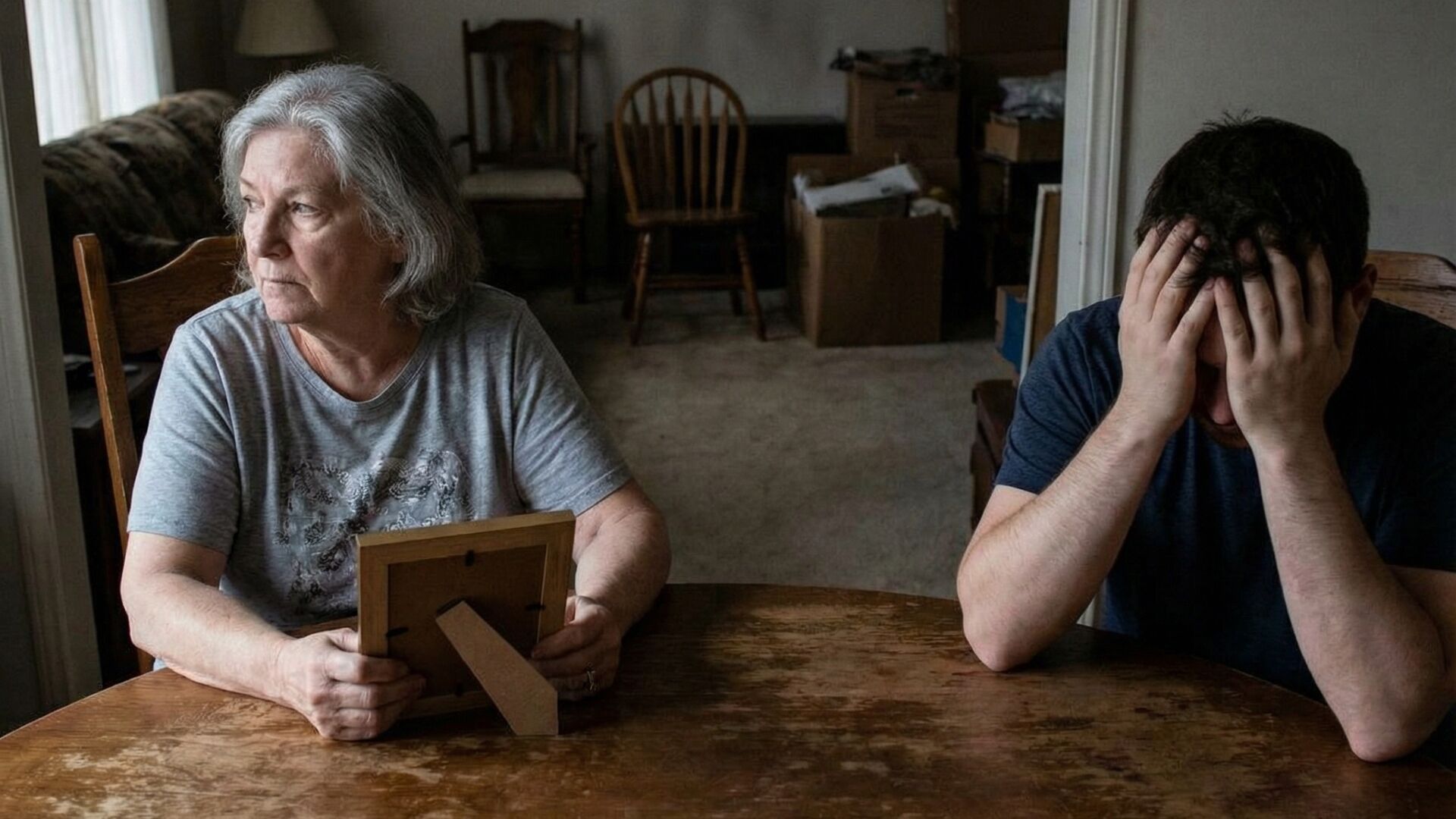Why do people just disappear?

Ghosting, relationship, disappointment. Modern dating can sometimes feel like a haunting, right? You meet someone, everything is going great, and suddenly - nothing. Ghosting can be painful, and one of the most common questions is: Do these ghosters come back?
In a world shaped by social media and fast communication, the rules of dating are often unclear. You date someone, share intimate moments, and suddenly the person withdraws. Ghosting is not just confusing; it often leaves you with many questions. One of them might be: 'Will the person who ghosted me ever show up again?'
Understanding the Reasons for Ghosting
First, it's important to understand the various reasons why someone might choose to ghost you. Often, fear of vulnerability, insecurities, or simply feeling overwhelmed by the relationship play a role. Sometimes, the person who ghosts simply feels unready for a serious relationship and prefers not to communicate rather than deal with a potential conflict. This sudden withdrawal can make you doubt yourself, but often it has more to do with them than with you!

There is also the aspect that many people today do not learn how to handle their feelings or resolve conflicts. The tendency to avoid growing problems often leads to ghosting. If you feel that someone is about to disappear, consider whether this might be a pattern in their past relationships.
Does the Ghoster Come Back?
When someone ghosts you, the question about their disappearance is often connected with another question: Do they come back? There are no clear answers, as each situation is unique. Some people return after taking time for themselves, while others might disappear forever. Just because an initial encounter turned into a nice experience does not necessarily mean that the relationship is destined for another attempt.

It depends a lot on the personality of the ghoster. Some people reflect on their behavior and want to restore the connection. Others have no desire to resolve the unfinished business and prefer to cut off contact. It is important for you not to fixate on a return. Focus on shaping your own life and moving forward.
How to Deal with Ghosting
The most important thing to consider in cases of ghosting is how to protect yourself and, perhaps more importantly, how to value yourself. Allow yourself to feel the emotions of disappointment and pain without dwelling in them. Ask yourself what you can learn from the situation and how you can handle your feelings better next time. These questions may also indicate that you need to ask much clearer questions about what the other person really wants in the future.

In conclusion, it's important not to let the fear of ghosting discourage you. Recurring moments of joy in the connection can be very valuable, even if they do not always end to your satisfaction. Keep the positive aspects of your experiences in mind, thus opening the possibility of forming new connections - with openness and a healthy measure of caution.
Ghosting can be painful and often leaves many questions and uncertainties. But there is light at the end of the tunnel. It can be an opportunity to get to know yourself better and to grow. Remember, it does not mean the end for you or your love life; it is just a part of your journey.


